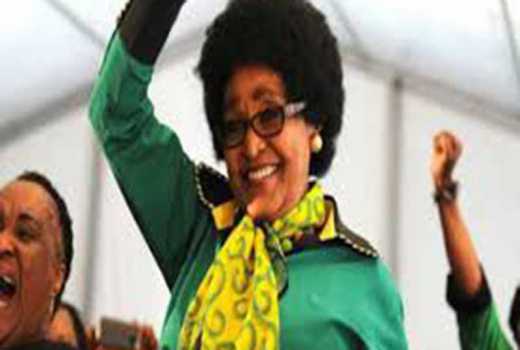
Africa bids goodbye to one of the continent’s iconic woman leader and brave defender of human rights. Nomzamo Winifred Zanyiwe Madikizela popularly known the world over as Winnie Mandela, emboldened the fight against political, economic and social oppression in South Africa, which was the last bastion of the dehumanising racial segregation style of government.
She belonged to a generation of Africans weaned on racial segregation and treated as sub-human only fit to hew wood and draw water while whites were treated like demigods. Many opted to be subservient to their oppressors but a few like Winnie spoke up against what ailed their society and got into trouble with the government.